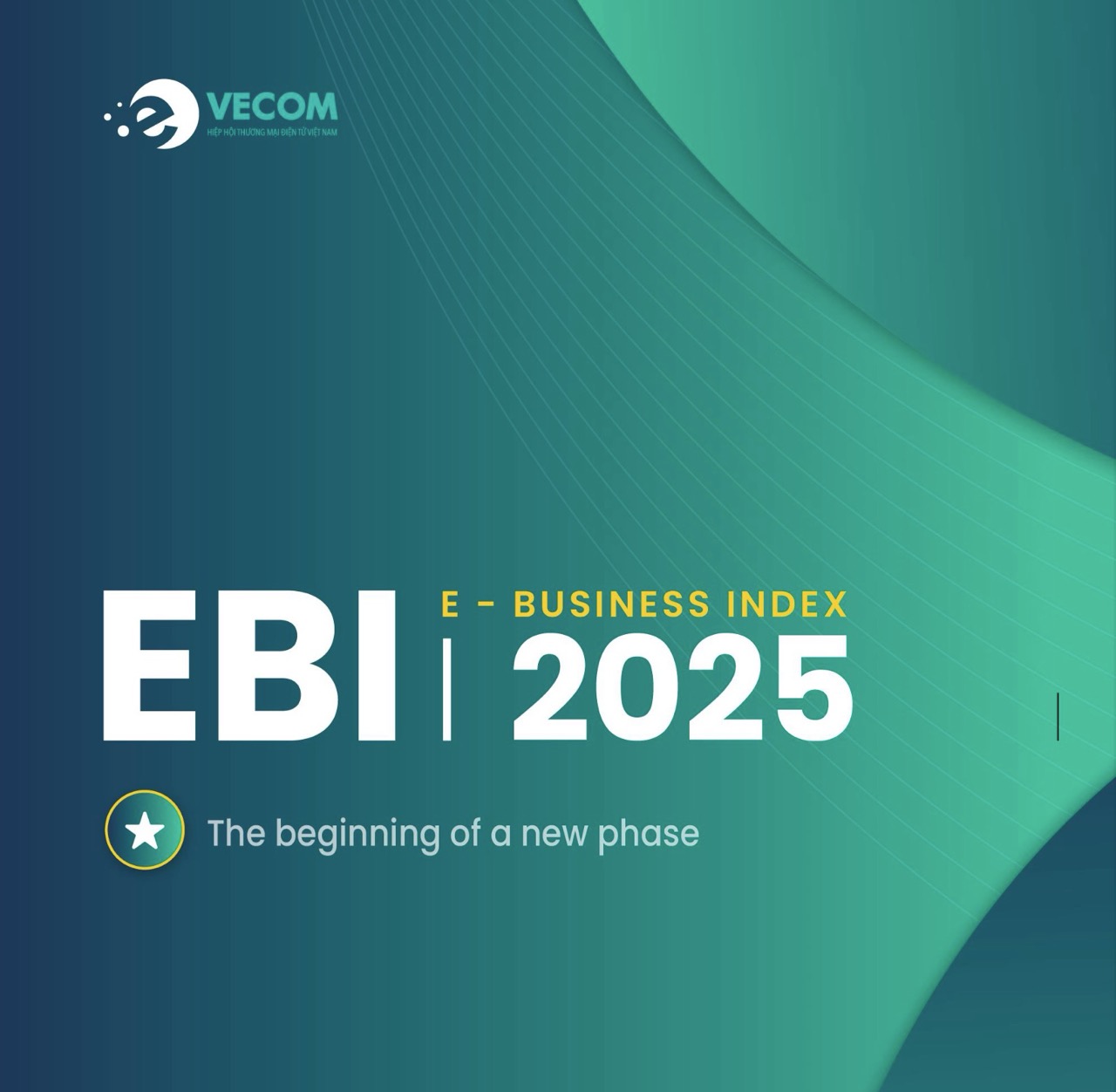The Ministry of Finance's Circular No. 40/2021/TT-BTC guiding VAT, PIT and tax administration for business households and individuals was issued on June 1, 2021. The Circular has a number of provisions on e-commerce floors having to declare and pay taxes on behalf of individuals doing business on the floor as well as providing a lot of information to tax administration agencies.
Fifteen days after the Circular was issued, the General Department of Taxation in collaboration with the Vietnam E-Commerce Association (VECOM) held the first meeting to discuss the provisions of the Circular as well as listen to the comments of representatives of e-commerce exchanges (E-commerce) and stakeholders on the implementation of this Circular.
This online meeting was chaired by a Deputy Director General of the General Department of Taxation with the participation of leaders of the Department of Small and Individual Enterprises (SMEs), representatives of Hanoi Tax Department and Ho Chi Minh City. On the side of the E-commerce Association (VECOM), there is a Vice President and the participation of leading e-commerce exchanges in Vietnam such as Lazada, Sendo, Shopee, Tiki, Voso (Viettel Post), Postmart (Vietnam Post), Chotot, etc. Attending the meeting, there were also representatives of some tax consulting companies and business households on e-commerce exchanges.

Circular 40 of the Ministry of Finance is having a great impact on the e-commerce market
After the opening speech of the Leaders of the General Department of Taxation, representatives of the Department of Socio-Economic Development – General Department of Taxation presented the purpose of requesting and expected roadmap to implement the contents of tax administration through e-commerce trading floor as guided in circular No. 40/2021/TT-BTC of the Ministry of Finance. After that, Mr. Nguyen Ngoc Dung, Vice Chairman of Vietnam E-commerce Association noted that this is the first time the Association and its members have access to this Circular. VECOM leaders emphasized the recommendations in VECOM's dispatch to the Ministry of Finance on June 7, 2021. These recommendations come from the contributions of e-commerce exchanges and stakeholders. VECOM's desire is to harmonize interests between the parties, both comply with the Law on Tax Administration, and facilitate businesses providing e-commerce floor services and especially the feasibility of new legal regulations.
The Vietnam E-Commerce Association believes that Circular 40/2021 / TT-BTC has many new contents compared to the first draft published on March 12, 2021 but the Drafting Board has not organized to consult stakeholders and those directly affected. Therefore, some provisions in the Circular are not highly feasible and can have a great impact on the business activities of e-commerce floors as well as hundreds of thousands of individuals doing business on the floor.
Along with VECOM's petition, representatives of e-commerce exchanges also want to answer questions about the content of regulations as well as the obligations of brokers, including owners of e-commerce exchanges to file taxes on behalf of business individuals. According to representatives of e-commerce exchanges, e-commerce exchanges are not "paying income" but only provide technology infrastructure to connect sellers and buyers, helping them make transactions. Therefore, it is not obliged to declare and deduct income tax of sellers as prescribed in Clause 1, Article 24 of the Law on Personal Income Tax.
In the responsibilities of e-commerce floors as prescribed in Decree 52/2013 / ND-CP on e-commerce, there is no responsibility to declare on behalf of and pay taxes on behalf of sellers. Decree 52 also states that sellers on e-commerce trading floors are responsible for "fully performing tax obligations in accordance with the provisions of law". One of the contents of the draft decree amending and replacing Decree 52 considers social networks providing sales services as e-commerce floors, so if according to Circular 40/2021 / TT-BTC social networks including those of foreign suppliers must also declare and pay taxes on behalf of business individuals.
E-commerce brokers also raise recommendations on the difficulty of declaring on behalf of individuals doing business on the floor when they can be individuals in different localities across the country when participating in business on the floor. According to Article 45 of the Law on Tax Administration, business individuals will have to declare and pay taxes at the tax office where they place their business location. Meanwhile, e-commerce floors may have business locations in other provinces (usually Hanoi and Ho Chi Minh City). Therefore, requesting e-commerce floors to declare and pay taxes on behalf of individuals doing business on the floor will lead to conflicts with current regulations in case the business individual is based in another province. This also causes many difficulties and problems for e-commerce floors and business individuals in proving to tax authorities the tax amount deducted and paid on behalf of local tax authorities.
The roadmap is expected to apply the requirements to e-commerce floors, according to Circular 40/2021 / TT-BTC will take effect from August 1, 2021, this is too short a time for brokers to prepare the system for data collection and report at the request of tax authorities. Representatives of brokers are eager for tax authorities to clarify specific requirements and applicable roadmaps, and to communicate specifically with brokers to understand the difficulties that brokers will face in practice. In case of necessity, the application roadmap should be considered for changes to ensure that the brokers have sufficient information and systems for a consistent and consistent implementation.
Sharing the same view with some difficulties that brokers face when applying this regulation, representatives of some brokers also pointed out some other difficulties such as the case of e-commerce floors that do not participate directly in trading transactions. There are some brokers that do not participate directly in transactions between buyers and sellers (e.g. Chotot.vn, Batdongsan.com.vn, etc.). These brokers only serve as a place for participants to post information about the purchase and sale of goods and services. Therefore, these brokers cannot control nor have information about revenue, bank accounts, citizen identification cards, tax codes, seller addresses. In accordance with the practice, tax authorities should consider applying only the requirement to provide information and file taxes on behalf of brokers that perform the function of intermediary payments between buyers and sellers.
Receiving the comments of the Vietnam E-commerce Association, e-commerce exchanges and participants, leaders of the General Department of Taxation recognized and assigned the Department of Socio-Economic Development and related departments to review the expected implementation roadmap, plan to support the implementation of testing at some e-commerce floors as well as collect comments from ministries. relevant, if necessary, can be adjusted accordingly. On behalf of e-commerce floors and units participating in the online meeting, VECOM Vice Chairman – Mr. Nguyen Ngoc Dung once again thanked the Leaders of the General Department of Taxation and wished the Ministry of Finance and other ministries when promulgating legal documents to ensure the publication of the draft and public comments to stakeholders. Vietnam E-commerce Association is willing to participate in commenting on the drafts as well as coordinating with the Drafting Board to consult members as well as stakeholders.
VECOM.





























